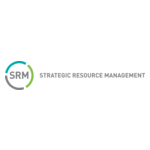Next-generation virtual data room launched by Drooms
No more drowning in tons of paper and receiving eye-watering bills from lawyers – Drooms introduces a brand new virtual data room, Drooms NXG. The work is a result of a two-year development, says Jan Hoffmeister, managing director and co-founder of Drooms, and features self-learning software and automatic translation from core European languages to English. […]







































































